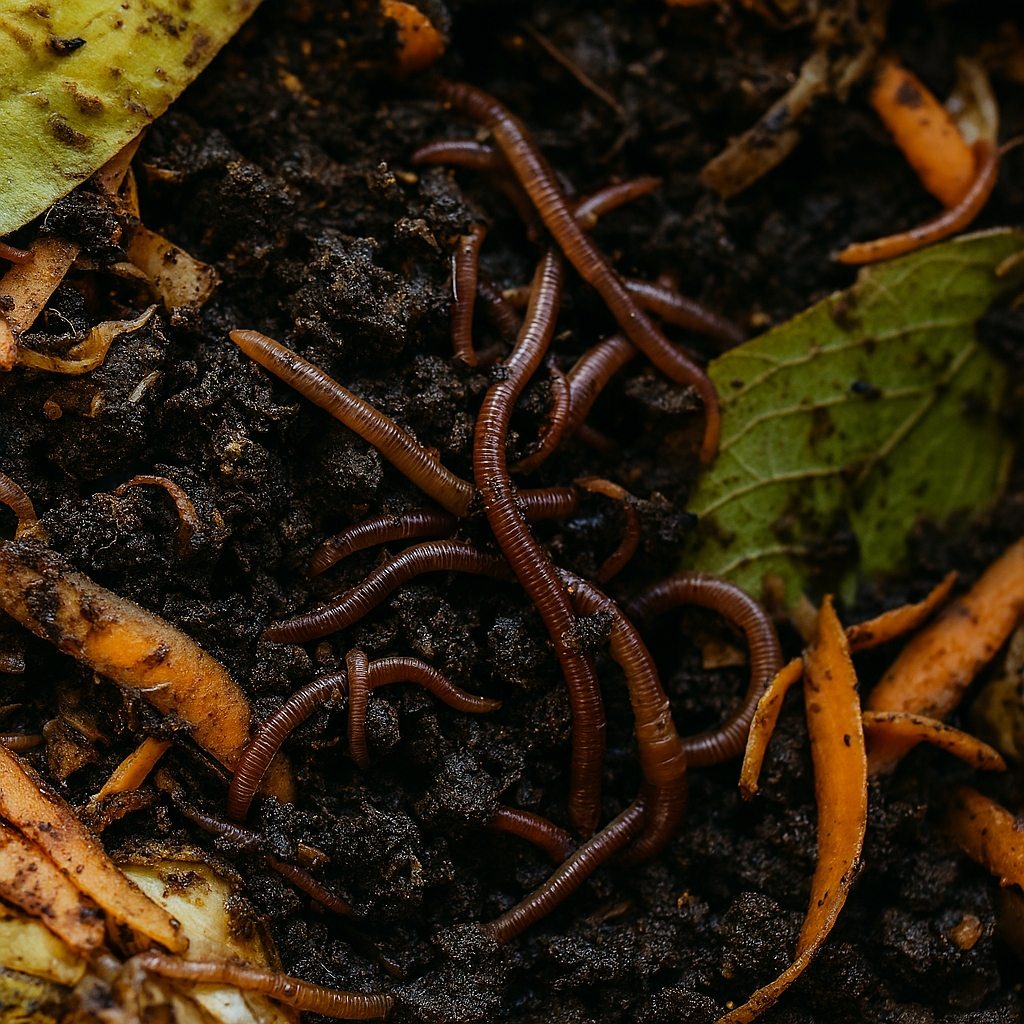A Lazy Threat to Our Planet?
In our ever-connected, fast-paced world, many of us retreat into the comforting embrace of our couches for hours on end. While lounging in front of the screen may seem like a harmless pastime, the “couch potato” lifestyle has far-reaching consequences beyond personal health. Surprisingly, this sedentary behavior carries a significant environmental impact, influencing everything from energy consumption to waste generation.
Energy Consumption
Streaming, Devices, and Carbon Footprint
The average couch potato spends hours binge-watching TV shows, gaming, or scrolling through social media. This reliance on electronic devices contributes to increased energy consumption.
- Streaming Services and Data Centers: Platforms like Netflix and YouTube require massive data centers to handle demand. These centers consume vast amounts of electricity, much of which comes from non-renewable sources, exacerbating carbon emissions. Watching hours of content daily magnifies this environmental strain.
- Home Devices and Energy Usage: Televisions, gaming consoles, and smartphones all add to household energy consumption. Idle and standby power from these devices further inflates electricity usage, leading to a higher carbon footprint.

Waste Generation
Packaging, Electronics, and Disposable Culture
Sedentary habits often come with convenience-driven consumption, which impacts waste generation in two significant ways
- Food Delivery and Single-Use Plastics: Couch potatoes often rely on food delivery services that use disposable containers, utensils, and packaging. The plastic waste generated contributes to pollution and harms ecosystems.
- E-Waste from Devices: Frequent upgrading of smartphones, tablets, or gaming consoles leads to growing piles of electronic waste (e-waste). Improper disposal of e-waste introduces toxic chemicals into the environment, affecting soil and water quality.
Indirect Environmental Effects of Sedentarism
The couch potato lifestyle can also indirectly contribute to environmental harm through its ripple effects
- Reduced Outdoor Activity: Sedentary behavior leads to less engagement with outdoor activities that foster an appreciation for nature. A lack of connection to the environment may decrease concern for ecological issues.
- Impact on Physical Health: Reduced physical activity from couch potato habits can increase health risks like obesity. Treating these conditions often involves increased resource consumption in healthcare, indirectly impacting the environment.

Increased Electricity Reliance During Peak Times
One overlooked aspect of the couch potato habit is its role in driving electricity demand during peak hours
- Evening Energy Peaks: Most couch potatoes settle in during the evening, a time when households already consume higher levels of energy. This surge strains power grids and often relies on fossil fuels for energy production, further increasing emissions.
- Seasonal Heating and Cooling: Comfort-seekers at home frequently use heaters or air conditioners, adding to their energy footprint. Prolonged inactivity amplifies the duration these devices are in use, particularly during extreme weather.
Impact on Water Resources Through Food Choices
A sedentary lifestyle often involves unhealthy snacking and convenience meals, which also affect water resources
- Production of Processed Foods: Chips, soda, and microwave meals—common staples of a couch potato diet—require substantial water to produce. The water footprint of processed foods is typically higher than whole, unprocessed alternatives.
- Meat and Dairy Consumption: Comfort meals like burgers and cheese-laden dishes have a considerable environmental cost due to water-intensive livestock farming.
Cultural Perception of Environmental Responsibility
Another ripple effect of this lifestyle is its influence on societal attitudes toward environmental awareness
- Normalization of Resource-Intensive Entertainment: As the couch potato lifestyle becomes normalized, it discourages awareness of sustainable practices, promoting more energy-intensive entertainment habits.
- Missed Opportunities for Eco-Advocacy: While activism and community involvement thrive in outdoor settings, sedentary behavior reduces active participation in causes like conservation and climate action.

Steps to Mitigate the Impact
Reversing the environmental effects of sedentary behavior doesn’t require abandoning comfort altogether. Energy Efficiency Practices: Unplug devices when not in use and switch to energy-efficient models to minimize carbon emissions.
- Sustainable Consumption Habits: Opt for reusable food containers and gadgets with longer lifespans. Recycle electronics responsibly to reduce e-waste.
- Eco-Friendly Entertainment Choices: Reduce streaming hours, choose physical activities, or explore hobbies that consume fewer resources.

Conclusion
Though it may seem inconsequential, the couch potato lifestyle is silently contributing to environmental challenges. From energy-intensive streaming habits to excessive waste generation, the ecological footprint of our sedentary ways is substantial. However, by making small, sustainable changes, we can balance our leisure time with eco-friendly practices. It’s time to turn over a new leaf—or at least get up from the couch—for a healthier planet and a greener future.
Join the Discussion!
What do you think about the surprising environmental impact of couch potatoes? Have you noticed these effects in your own habits or surroundings?
#CouchPotatoImpact #GoGreen #EcoLifestyle #SustainableChoices #EnergyEfficiency #ClimateAction #RecycleResponsibly #PlasticFree #MinimalWaste #EcoFriendlyHabits #CarbonFootprint #GreenLiving #EarthCare #EnvironmentalAwareness #PlanetConscious #RenewableEnergy #EcoChange #SmallStepsBigImpact #ZeroWasteLife #SustainabilityMatters #DigitalCarbonFootprint #GreenHomeTips #SaveOurPlanet #NatureConnection #EcoEntertainment #ReduceReuseRecycle #ClimateChangeSolution #GreenMindset #ResponsibleConsumption #SustainableFuture














Psychology Of Confusing Business Environments Change
[…] By recognizing and managing their own emotions—and empathizing with the feelings of colleagues—employees can foster resilience and collaboration. Emotional awareness helps reduce stress and strengthens interpersonal relationships during times of uncertainty. […]